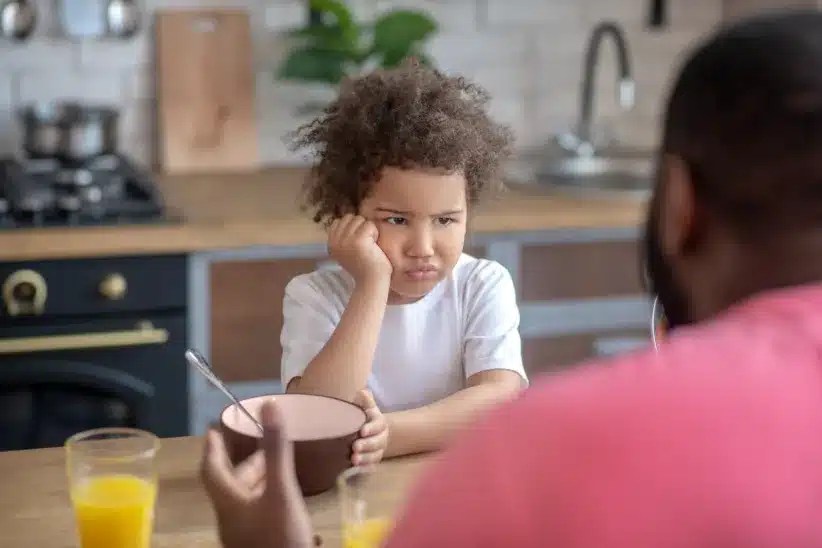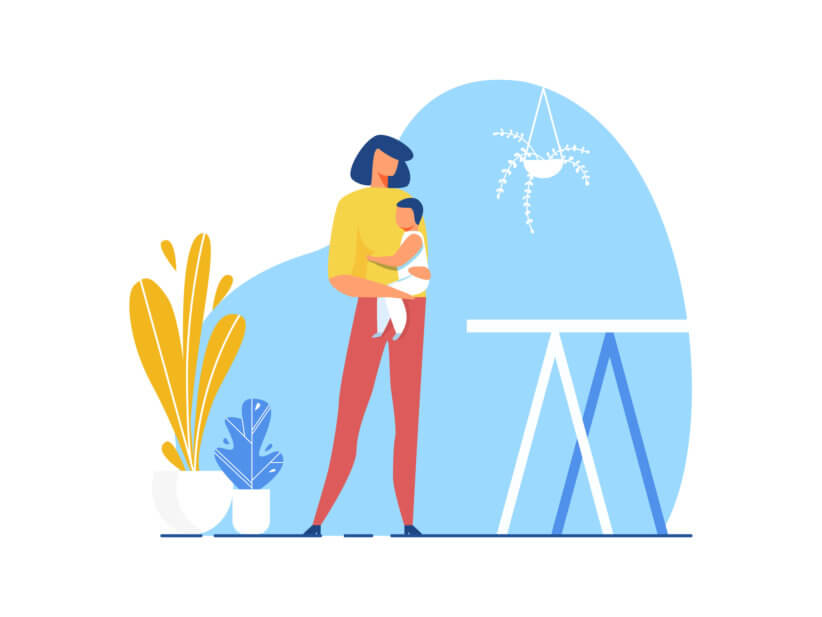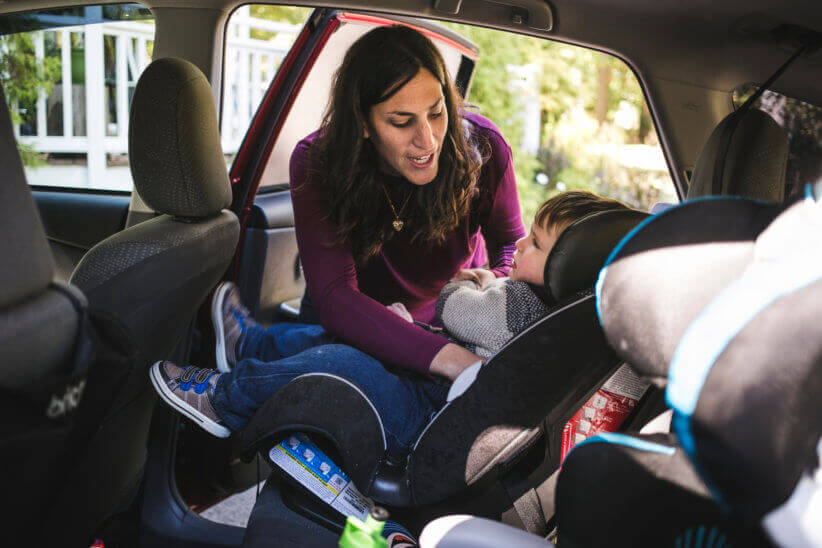 Editor’s Note: Christina Gantcher is the founder of Good Night Sleep Coaching. Gerber Good Start has also made her services available for free so parents can get personalized advice from her via phone five days a week. To schedule an appointment visit gerber.com/experts or call 1800-284-9488.
Editor’s Note: Christina Gantcher is the founder of Good Night Sleep Coaching. Gerber Good Start has also made her services available for free so parents can get personalized advice from her via phone five days a week. To schedule an appointment visit gerber.com/experts or call 1800-284-9488.
The arrival of a baby in your home can be full of varied emotions and there’s much to learn, including about baby sleep. That’s why I’ve partnered with Gerber Good Start to provide one-on-one sleep consultations through Gerber’s Parents Resource Center—completely free of charge. Ultimately, good sleep makes happy babies, and we all want our baby to be healthy and happy. Sleep will change during the path of development, along with your child.
Here are some guidelines about what to expect when it comes to sleep and your baby at different developmental stages.
0-3 Months
- Put feeding first to ensure your child is eating at regular intervals and gaining weight at a healthy pace.
- Establish a dedicated sleep space to allow your child to begin associating a quiet, dark room with sleeping. Also put your baby in the crib several times a day awake, for short intervals, so that he/she acclimates to their sleep space as a comfortable and relaxing place.
- After 6-8 weeks begin putting your child down while he/she is sleepy but awake, once a day, so he/she can learn how to put him/herself asleep independently.
- Your baby will sleep a lot but at short intervals. Do your best to find his/her rhythm of awake and sleep time.
- Gradually start a bedtime ritual- use a bath or infant massage to help signal it’s time for sleep.
[gravityform id=”15″ title=”false” description=”false” ajax=”true”]
4-5 Months
- Developmental leaps abound at this age and can actually cause a sleep regression! Your baby is becoming much more aware of his/her surroundings.
- Daytime sleep may still be erratic but make sure to put your baby down for naps regularly.
- Continue putting your child down while he/she is sleepy but awake, so he/she can learn how to put him/herself asleep independently.
6-12 Months
- Your baby may be ready to start sleeping longer stretches.
- Talk to your pediatrician about any night feeds in order to decide together if your baby is ready to go the night without eating.
- Naps may fall into place more solidly at around 6 months, either 2 spread out in the morning and afternoon or three shorter ones, in the morning, afternoon and late afternoon/early evening.
- Developmental leaps, like rolling over, crawling and separation anxiety can all cause sleep regressions.
- If you feel sleep is a challenge 6-12 months this is a great time to consider sleep coaching your baby–they are more ready to learn and remember behavioral changes at this developmental stage.
Christina Gantcher is the founder of Good Night Sleep Coaching and works with families to help create custom sleep plans so that everyone sleeps well. Gerber Good Start has also made her services available for free so parents can get personalized advice from her via phone five days a week. To schedule an appointment visit gerber.com/experts or call 1800-284-9488. Gantcher is also an NYC mother-of-two. Learn more about her at goodnightsleepcoaching.com!





















